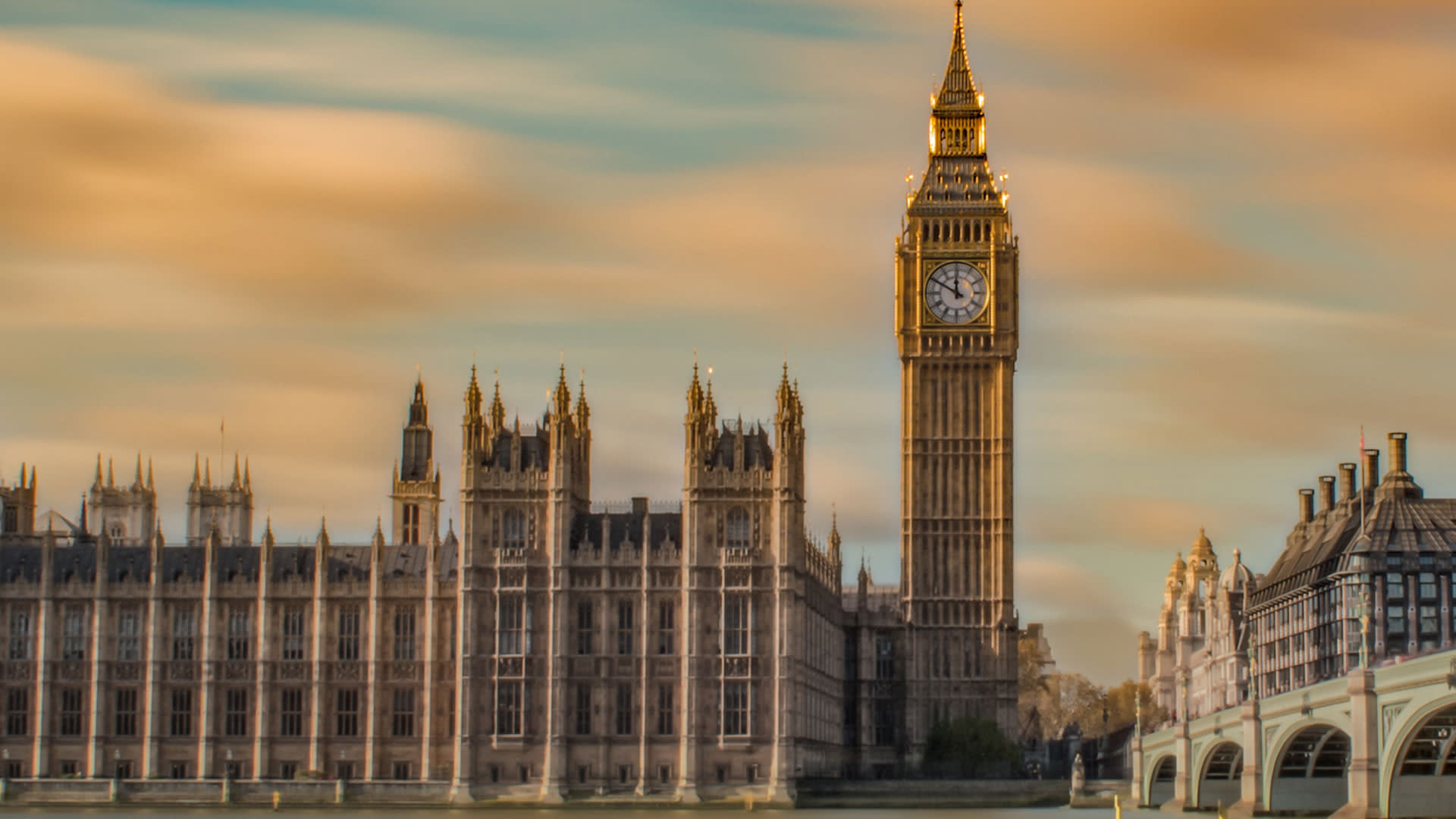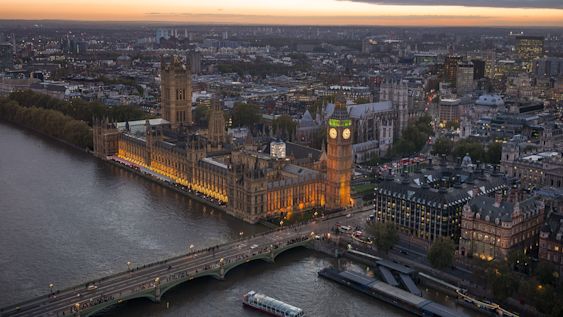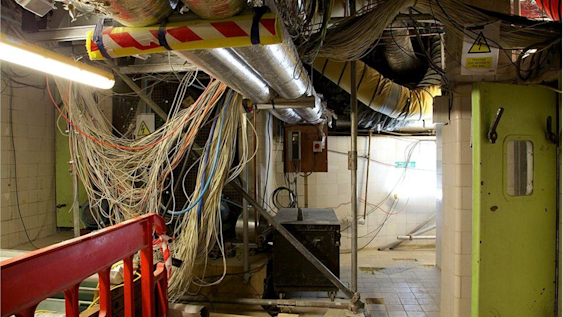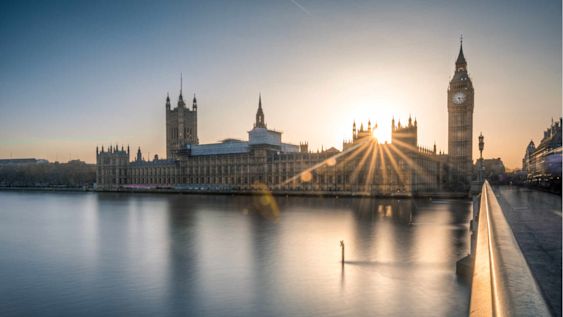
Living on a prayer (motion): How do parliamentarians debate 'made negative' Statutory Instruments?
A recent House of Lords debate on a ‘made negative’ Statutory Instrument highlights Peers’ greater appetite and ability to secure such debates compared to MPs. Data on debate lengths suggests parliamentarians are more likely to give more meaningful scrutiny to SIs they wish to debate than those on which they are obliged to spend time by current procedures.
On 13 January, the House of Lords debated a motion tabled by Baroness Meacher ‘regretting’ an aspect of the Taking Control of Goods (Fees) (Amendment) Regulations 2021. These Regulations clarify the circumstances in which the VAT costs of fees and disbursements can be recovered from a judgement debtor. In the debate, Peers criticised the failure of the SI to deal with seven years of purported incorrect charging from 2014 to 2021.
The Statutory Instrument (SI) enacting these Regulations was laid by the Ministry of Justice on 18 November 2021, came into force on 9 December 2021, and is subject to the ‘made negative’ procedure.
What are ‘made negative’ SIs and why do they matter?
An SI which is subject to the ‘made negative’ procedure does not require active parliamentary approval. A ‘made negative’ SI is laid before Parliament after it has been made – signed – into law by the Minister. If Parliament does not reject the SI within 40 days, it is deemed to have consented.
By contrast, SIs which are subject to the ‘affirmative’ procedure must receive active parliamentary approval and are by default debated.
The ’made negative’ is the most common SI procedure. During the 2019-21 Session, for example, 904 ‘made negative’ SIs were laid before Parliament, forming 65% of the total number of SIs laid.
While the ‘made negative’ procedure is suited for administrative and technical matters that parliamentarians are unlikely to wish to debate, many SIs subject to the procedure are not so anodyne. The ‘made negative’ procedure applies to some of the recent SIs used to tackle HGV driver shortages, for example, as well as the Coronavirus-related international travel restrictions; it is also used for many welfare and planning measures. These can be the subject of considerable interest among parliamentarians and affected stakeholders.
How can Parliament scrutinise ‘made negative’ SIs?
Parliamentarians can attempt to secure a debate and vote on a ‘made negative’ SI by tabling a ‘prayer’ motion to annul the instrument within 40 days of it being laid. If either House agrees such a motion, the government must revoke the SI, under section 5 of the Statutory Instruments Act 1946.
After the 40-day scrutiny period expires, any motion to reject a ‘made negative’ SI must be a motion that the SI be revoked (not annulled). The legal implications of a successful ‘revocation’ motion are yet to be tested.
In the House of Lords, as well as ‘prayer’ motions to reject an SI, Peers can also table ‘non-fatal’ motions which are critical of an SI, but do not seek to reject it. Examples include ‘take note’ and ‘regret’ motions. While such motions – if agreed – may have no legal consequences, they can have significant political ramifications.
There is no equivalent mechanism for ‘non-fatal’ motion debates in the House of Commons.
How often are ‘made negative’ SIs debated in Parliament?
In the House of Lords, time is usually found to debate prayed-against SIs.
During the 2021-22 Session, as of 14 January 2022, five ‘made negative’ SIs had been the subject of ‘prayer’ motions tabled in the House of Lords. Three had been debated – on the Floor of the House, and before their 40-day scrutiny period expired. The two undebated Instruments were earlier iterations of one of the debated ones, all of them simply extending the life of the same policy.
Altogether, as of 14 January, in the 2021-22 Session the House of Lords has debated motions on 11 ‘made negative’ SIs (some of which were the subject of more than one motion).
In the House of Commons, no fixed parliamentary time is allocated to debate ‘prayer’ motions. Given that the government controls the Commons timetable (under Standing Order No. 14), whether an MP’s concern regarding a ‘made negative’ SI is ever debated depends on whether the government grants time (unless an opposition party were to use one of its Opposition Day debates). The government also controls when any ‘made negative’ SI is debated, and whether any debate takes place in a Delegated Legislation Committee (DLC) or in the Chamber.
The Leader of the Opposition is more likely than other MPs to be able to secure debates on ‘prayer’ motions, thanks to negotiation through the ‘Usual Channels’, but this leaves important doubts about other MPs’ abilities to secure debates.
As of 14 January, the only ‘made negative’ debate during the 2021-22 Session was held about an SI against which a ‘revocation’ motion had been tabled by the Leader of the Opposition. Four other ‘made negative’ SIs had ‘prayer’ motions tabled against them by other MPs, but none has been debated. The Leader of the Opposition has since tabled a ‘revocation’ motion against one of these SIs but it has not yet been scheduled for debate.
The discrepancy between the likelihood of debates being held on ‘made negative’ SIs in the House of Lords and the House of Commons is not new. During the 2019-21 Session, the House of Lords debated motions on 16 ‘made negative’ SIs. In contrast, in the House of Commons, 13 ‘made negative’ SIs were prayed against, but only eight debated. Furthermore, five of these were only debated after the 40-day scrutiny period had elapsed, and three had their debates squeezed in at the end of the Session. Only one ‘made negative’ SI was debated following a prayer motion tabled by an MP other than the Leader of the Opposition (SNP Westminster leader Ian Blackford MP).
The government’s control of time in the House of Commons stands in inherent tension with the statutory provision for parliamentary accountability for the government’s use of ‘made negative’ SIs. The ‘made negative’ procedure has its place: there is no need for all SIs to have active parliamentary debate and approval. However, parliamentarians must have a reasonable prospect of being able to debate ‘made negative’ SIs that concern them, in a timely fashion, in line with the relevant statutory provisions.
How do debate lengths compare between ‘made negative’ SIs and ‘affirmative’ SIs?
While it is a somewhat blunt measure, the time spent on a debate gives some indication of the level of parliamentary interest in an SI.
We have analysed the lengths of all delegated legislation debates that took place in both Houses during the 2019-21 Session. Some of these debates were on more than one SI.
The House of Commons spent a median time of 70 minutes on ‘made negative’ SI debates. In contrast, the House spent a median time of 20 minutes debating SIs which were subject to the ‘affirmative’ procedure.
A similar pattern is apparent in the House of Lords. The House spent a median time of 76 minutes debating ‘made negative’ SIs, compared to a median time of 46 minutes for ‘affirmative’ SIs.
For ‘made negative’ SI debates, the shortest debate lasted approximately 25 minutes in the Commons and 41 minutes in the Lords. In comparison, on ‘affirmative’ SIs, there were 37 debates that lasted 10 minutes or less in the Commons, and seven in the Lords.
This difference in debate lengths may indicate that parliamentarians are more likely to give more meaningful scrutiny to Instruments that they actually wish to debate, compared to ones that they must debate regardless of the level of interest or controversy they attract.
This may be as true in the Lords as it is in the Commons.
However, scrutiny procedures are generally set out in the parent legislation and may therefore have been determined years before an SI appears. The current approach to SI scrutiny means that MPs may be required to spend time debating uncontroversial ‘affirmative’ SIs that are of little political relevance, but struggle to secure timely debates on ‘made negative’ SIs that are of concern to them or their constituents.
The data presented here demonstrates the potential value of reforming the current system so that parliamentarians have greater control over the scrutiny process that applies to a Statutory Instrument, and so can focus their time and attention on those SIs that matter most.
The research for this post was supported by the Legal Education Foundation as part of the Hansard Society’s Delegated Legislation Review.
Enjoy reading this? Please consider sharing it
Latest

Compendium of Legislative Standards for Delegating Powers in Primary Legislation
The scope and design of the delegation of legislative powers in any Bill affects the long-term balance of power between…Parliament and Government. The House of Lords Delegated Powers and Regulatory Reform Committee (DPRRC) scrutinises all such delegation. This report distils standards for the delegation of powers from 101 DPRRC reports from 2017 to 2021.

Genetically modified organisms: Primary or delegated legislation?
A Statutory Instrument comes into force on 11 April that changes the legal requirements for the release of certain types… of genetically modified plants. Some argue that the changes should have been made by primary, rather than delegated, legislation. Where does the boundary between the two lie?

Constitution and Governance in the UK: Parliament and Legislation
The Brexit process, the pandemic and the approach of the Johnson Government have all tended towards Parliament’s margina…lisation and the accretion of executive power. For UK in a Changing Europe’s report on the constitutional landscape, we show how – in the legislative process and control of public money and executive action, including delegated legislation.

What role does the UK Parliament play in sanctioning an individual? [Video]
Sanctions are imposed on an individual in two stages - by Ministers first making regulations and secondly designating th…e individual, using a power in those regulations. Parliament has a role in the first stage, but not the second.

Written evidence to the House of Commons Public Accounts Committee: the Restorat…ion and Renewal of Parliament
Our submission to the Public Accounts Committee highlighted the financial and practical challenges that MPs face in deci…ding the fate of Parliament’s Restoration and Renewal programme. We particularly questioned the viability of the proposal to continue operating the House of Commons Chamber in the middle of a building site.

Written evidence to the House of Commons European Scrutiny Committee: Retained E…U Law: Where next?
Our submission to the House of Commons European Scrutiny Committee inquiry into retained EU law (REUL) placed the issue…in the context of our Delegated Legislation Review. It discussed REUL’s diversity and amendment; the people and organisations to whom REUL amendment may matter; and parliamentary scrutiny of delegated legislation arising from amending REUL.